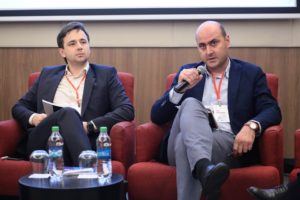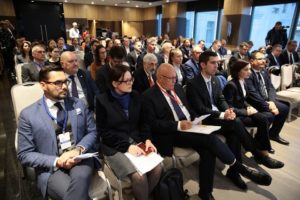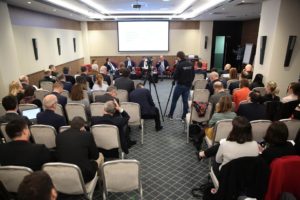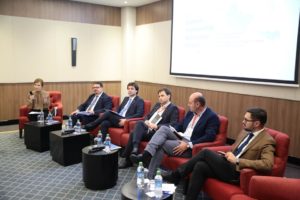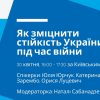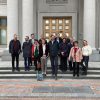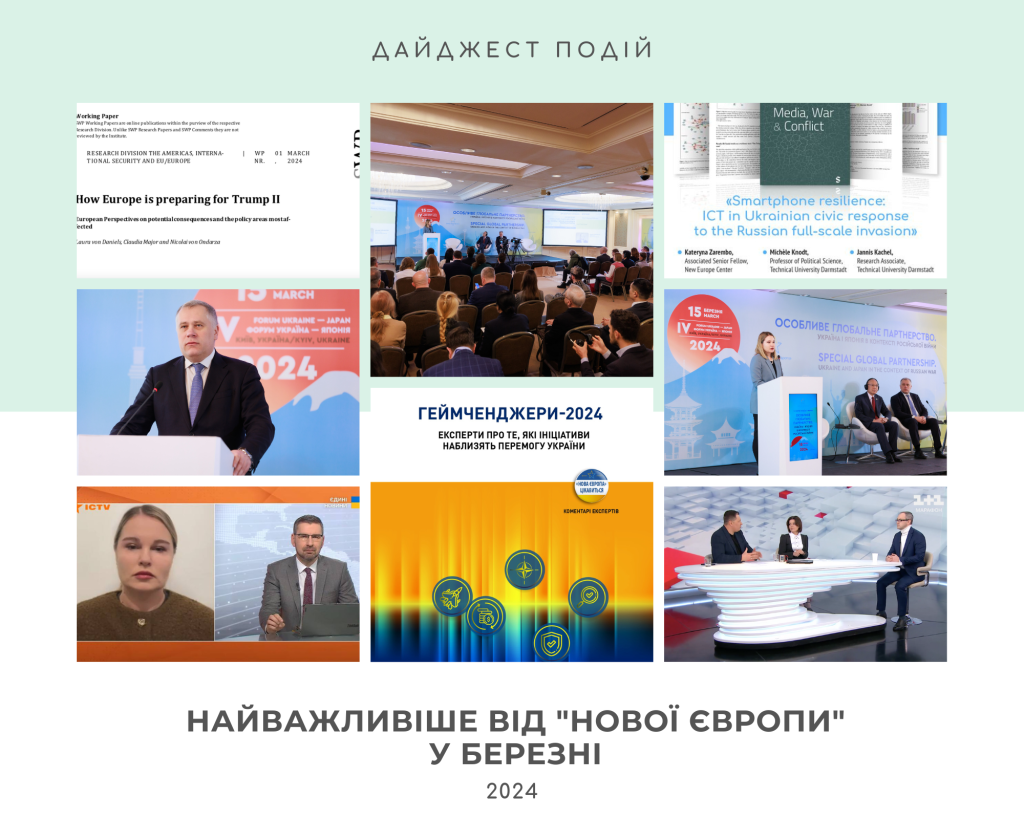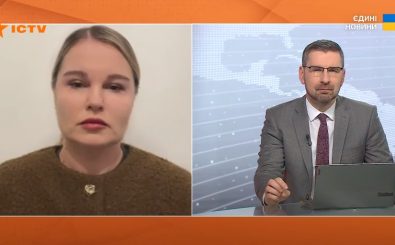Leo Litra, New Europe Center senior research fellow, spoke on the Think-Tank Session within Eastern Partnership Reflection Forum 2019 in Chișinău. Minister of Foreign Affairs and European Integration of Moldova Nicu Popescu and Head of EU Delegation to Moldova Peter Michalko also took part in the discussion.
The key question of the forum – The Eastern Partnership in the next ten years: What Strategy for the European Union’s Eastern neighbourhood?
The forum was organized by Institutul pentru Politici și Reforme Europene.
The key points of Leo Litra’s speech:
“In case of Ukraine we need to divide the Eastern Partnership into 2 parts: implementation before the Revolution of Dignity, when EaP didn’t mean much, and the implementation after 2014. Russian aggression became the trigger, which made Ukraine to be more consistent.
Positive results of Ukraine-EU cooperation within the EaP:
- Visa liberalization. Since this became possible in June 2017 Ukrainians made 43 millions of crossings at the border. Visa liberalization also had the impact on geography destinations of Ukrainians.
- Energy dimension. There used to be a problem in Ukraine before 2014 – the nontransparent energy deals, leading to significant budget losses. This changed a lot since Ukraine does not buy Russian gas, at least officially. The latter became possible with the implementation of the EU legislation in the energy sector and the reverse flow (import) of gas. This helped to make energy sector more transparent.
- Public procurement system. EU insisted very much on making this sphere more transparent, so Ukraine launched “Prozorro” system and for only 2,5 years managed to save 2 billion dollars from more transparent public procurement. The system is still not perfect, but much better than it used to be.
Failures of Ukrainian policy:
- Comprehensive institution building didn’t work fine. Even though it was launched in 2009, the law on public service was adopted only in 2016. Still it didn’t work well, the results are mixed.
- Absorption capacity of Ukraine with the EU funds. For sure, Ukraine has some positive examples, when state institutions were able to implement projects as agreed, but there are also examples, when money where not spent properly. EU should focus in the future not only on making funding available, but also on increasing the capacity of implementing this kind of projects.
- Implementation of common aviation area. Ukraine became the hostage of disagreement between Spain and UK over the Gibraltar. If Brexit happens, the problem will no longer exist. Yet still it is a negative development, because nothing is implemented after the 6 years since the agreement was concluded.
Recommendations for further EU-Ukraine cooperation:
- If the EaP is revised, EU has to add security dimension. Fighting corruption is often seen in the EU as an element of soft security, and EU provides much assistance to Ukraine in this sphere. Yet we need some new formats of extending soft security approach: for instance, extension to participation of EaP states in PESCO or the extension of EU Advisory Mission offices in regions, which already started to take place in Ukraine and is a very positive development.
- EU has to revise quotas for Ukraine in terms of trade. Current quotas are based on data of trade between EU and Ukraine of 2006-2008, which is no more relevant.
- EU may review its policy shaping process. Ukraine signed up for transposing EU acquis in many areas, but still EU adopts laws, which Ukraine will then have to implement without having Ukraine to have a say. If EU adopts laws, which will then be transposed to countries as Ukraine, Moldova and Georgia, these countries should have the ability to see the draft of this legislation, and if they have some proposals to suggest them.”



